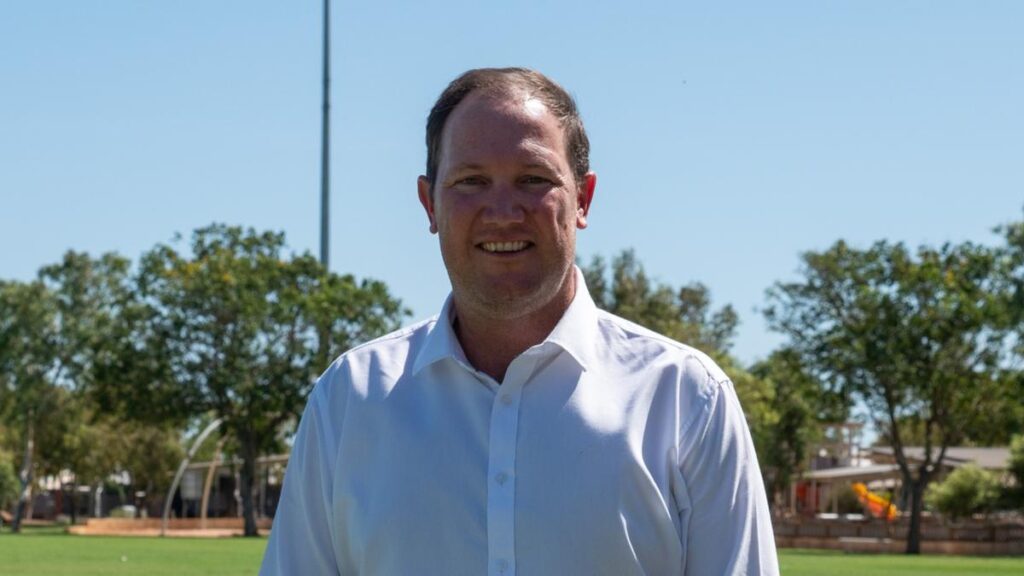Karratha mayor Daniel Scott has recently returned from Canberra after advocating for support from national leaders to address local issues such as housing, health, infrastructure and transport.
Cr Scott took the trip as part of the Australian Mining Cities Alliance, a collaboration of local governments that work together to address challenges and opportunities in mining communities, and Regional Capitals Australia, a reference group of the 51 regional capital cities to address the current policy gap between regional and metropolitan cities.
The groups met key Federal leaders and discussed critical issues facing regional mining communities in the lead up to the election.
Cr Scott said the meetings were an opportunity to engage with policy makers about solutions specific to the regions.
“We are grateful for the chance to connect and meet with key decision-makers to ensure our community and other mining communities have a voice,” he said.
“We are urging all levels of government to look at ways we can work together to increase the liveability of our towns and secure the futures of our regions.”
The meetings highlighted key issues such as Fringe Benefits Tax reform and the impact of “ghost populations” — FIFO and DIDO workers who use regional infrastructure but aren’t counted in national data.
“As a local government council, we are acutely aware of the issues facing our community and the wider region,” Cr Scott said.
“Our focus is on improved housing solutions, increased health facilities and travel security through the regional capped fares program.
“These efforts have had some success, with us receiving $21.1m through the Housing Support Program for the Mulataga development, and a construction tender being released by the State Government for the Step Up Step Down facility.”
Discussions also covered regional development, infrastructure, housing, water and immigration.
The delegation also discussed the regional visa program as a way to rebalance Australia’s population. The program would encourage new arrivals to settle in regional areas instead of major cities.



